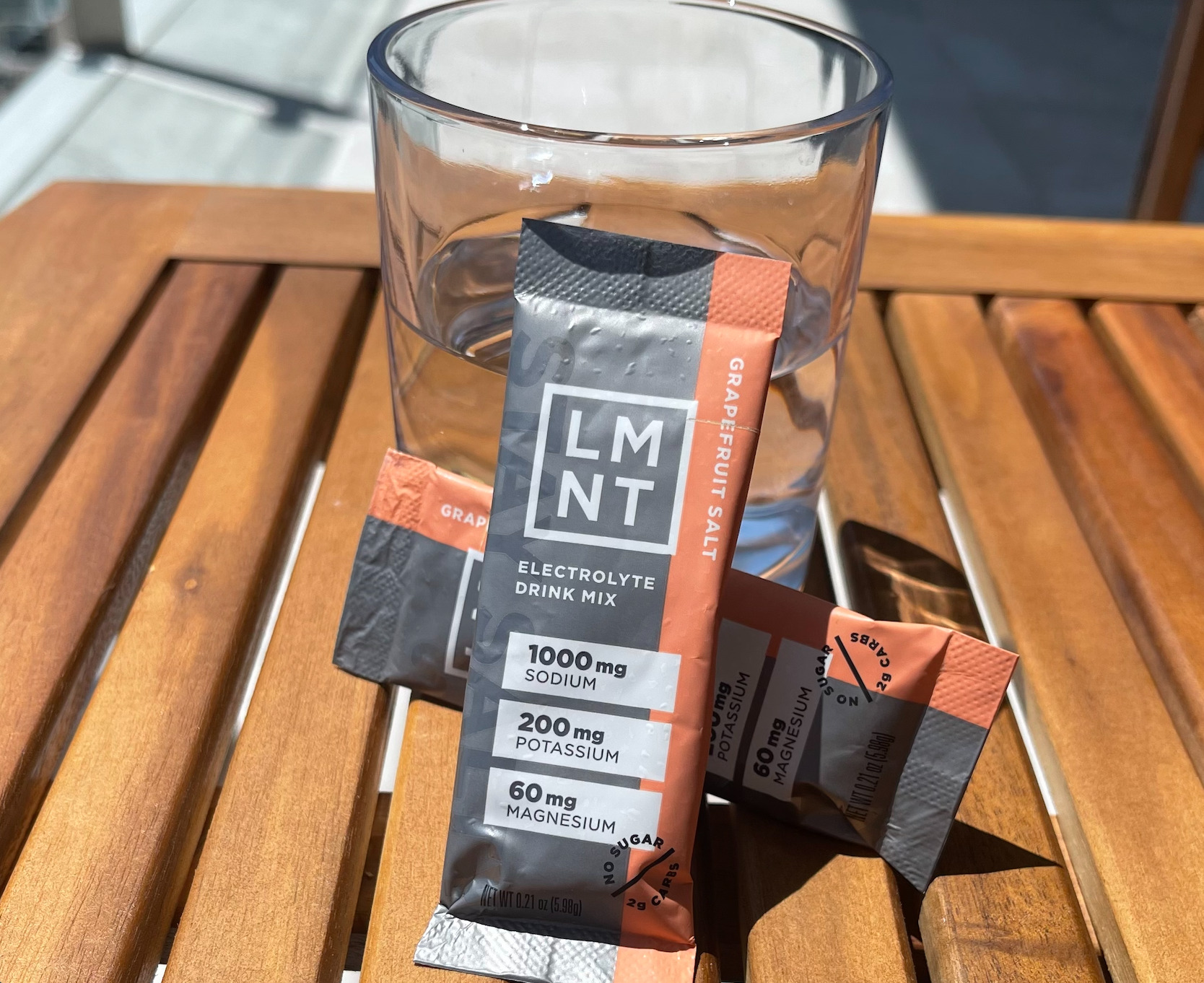75% of Americans are chronically dehydrated. That is a stunning number considering there is a low-effort, zero-cost way of improving this stat. Electrolyte supplements have been creating a buzz in the longevity space; however, the issue with many of these supplements is that they contain high levels of glucose, or sugar. Why is this a problem? Well, sugar wreaks havoc on our bodies and will end up doing more harm than good. And it begs the question, is sugar necessary for hydration?
This study involving rats in which a high-fructose solution induced dehydration and kidney damage highlights a concern for millions of people who harm their bodies by consuming non-hydrating soda and fruit juices.
When we’re dehydrated, our bodies send signals of thirst to prompt us to drink and, once we do, our thirst subsides. However, sugary beverages don’t seem to effectively quench thirst. In one study, individuals who consumed sucrose-sweetened lemonade reported less reduction in thirst compared to those who drank an equivalent amount of water.
But even if sugary drinks don’t quench thirst, aren’t they still hydrating? Perhaps not. Research involving both rats and flies has demonstrated the opposite: sugary beverages can lead to dehydration.
The issue extends beyond sugary drinks. Various rehydration solutions, including the one endorsed by the World Health Organization, intentionally incorporate sugar (in the form of glucose) in their composition, with the argument that sugar facilitates hydration. The truth is, you don’t need sugar to maintain proper hydration. What you do need is salt and water.
Foundations of Hydration and Dehydration
Maintaining proper fluid balance keeps your body functioning optimally, ensuring smooth blood circulation, moist skin, a well-functioning brain, and efficient cellular communication. Water and electrolytes, in fact, facilitate the transmission of electrical signals across cells. This system’s effectiveness relies on maintaining fluid balance through adequate hydration. Ever wondered why disruptions in hydration often coincide with energy fluctuations? You can’t perform at your best if your cells can’t efficiently relay messages.
However, it’s crucial to distinguish between healthy hydration and simply chugging ounces and ounces of water. That may cause another dangerous issue of low serum sodium levels.
The Significance of Salt in Hydration
In summary, sugar is not required for proper hydration, but salt is essential. As sodium levels drop, various undesirable symptoms can occur, including low energy, headaches, cramps, malaise, confusion, brain fog, and dizziness. In severe cases, hyponatremia can lead to seizures, brain damage, and even death.
Low-sodium diets are not only associated with higher blood pressure but also with increased rates of heart attacks, strokes, and hypertension. We actually need more salt, not less.
To ensure that we are properly hydrated with the right balance of electrolytes, we take LMNT. LMNT has created their powders to have the right blend of sodium, potassium, and magnesium. We often feel an instant boost of energy upon drinking a packet. Plus, their flavors taste great, too. We are loving the Grapefruit Salt but, as the weather gets cooler, try the Chocolate Salt with some warm water and a splash of almond milk — yum! LMNT is offering our readers a free 8-serving sample pack with any purchase here. Stay hydrated. And salty.


